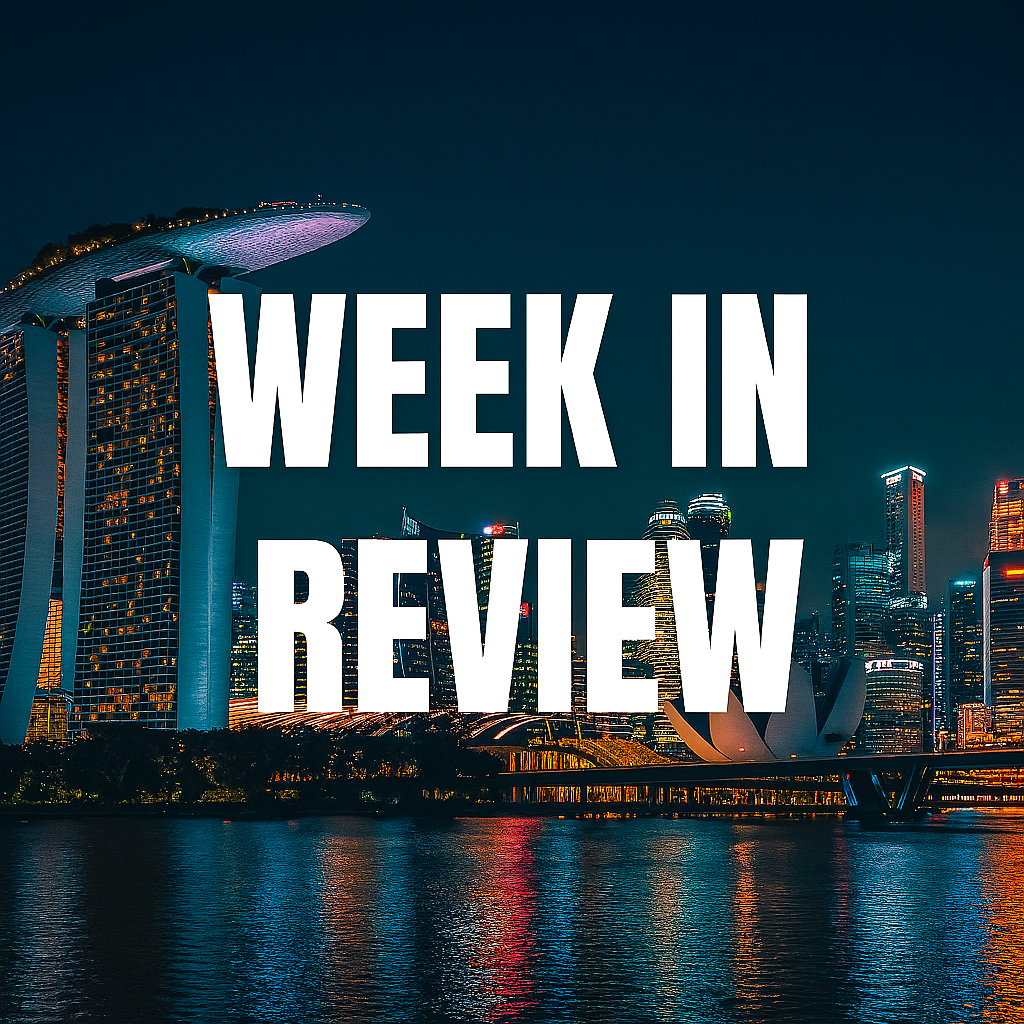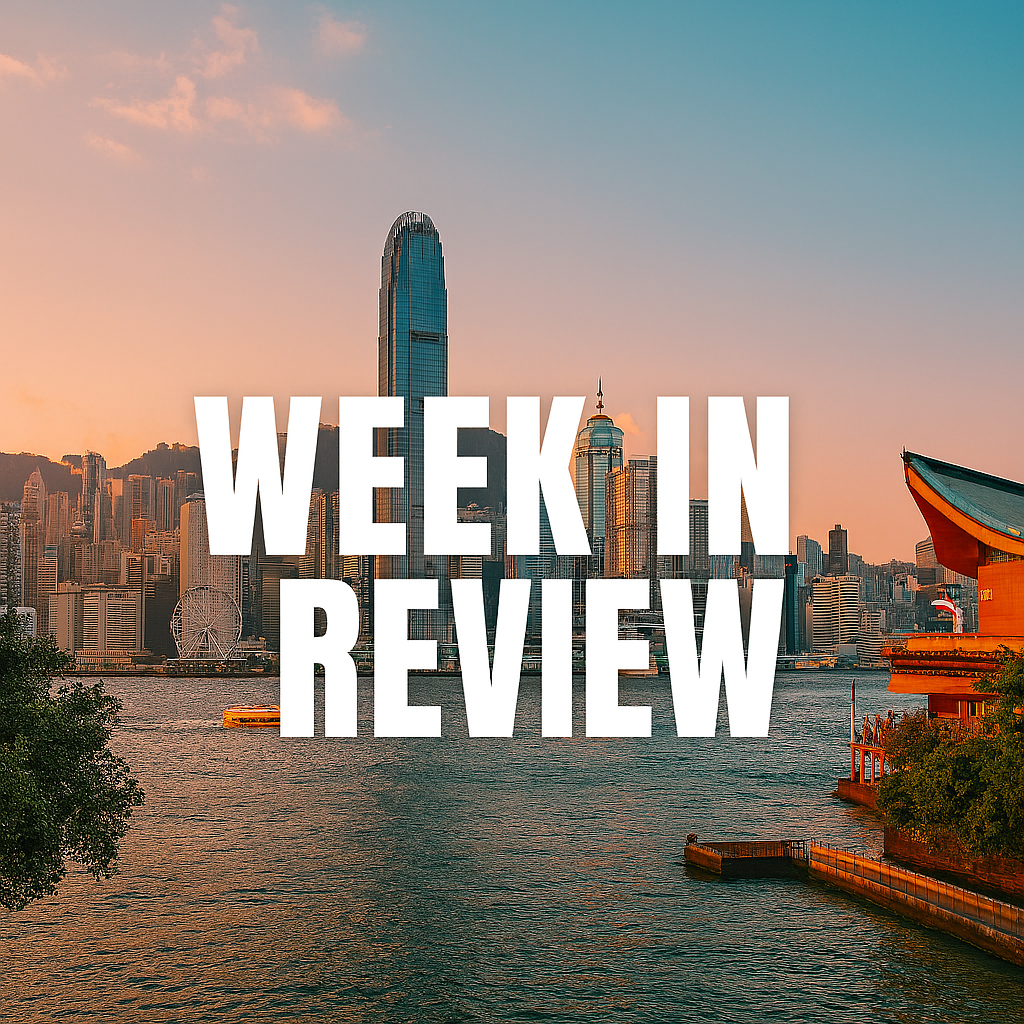🇺🇸 United States: Trump Holds Firm as Government Shutdown Hits Day 27
The federal government shutdown entered its 27th day as President Donald Trump continued his Asia tour, refusing to concede to Democratic demands to bundle expiring Affordable Care Act (ACA) tax credits into the budget deal. The right-leaning perspective frames Trump’s stance as a principled defense of fiscal discipline and executive authority.
Democrats insist on extending pandemic-era ACA subsidies, which would otherwise expire at year’s end. Without them, premiums for 24 million Americans could double. Trump and GOP leaders argue the issue should be debated separately, not used as leverage to force budget concessions.
Meanwhile, 700,000 federal workers remain furloughed, and another 700,000 are working without pay. Essential services like military operations, law enforcement, and air traffic control continue, with Trump signing an executive order to ensure active-duty troops are paid. However, controversy erupted when reports revealed a $130 million private donation—allegedly from billionaire Timothy Mellon—was used to fund military payroll, raising legal and ethical questions.
The shutdown’s impact on food aid is severe. The USDA announced that SNAP and WIC benefits will cease on November 1, affecting over 42 million Americans. Critics blame Trump for withholding contingency funds, but the right argues that bloated entitlement programs need reform, not indefinite expansion.
Trump’s Asia trip, which includes stops in Malaysia, Japan, and South Korea, has drawn fire from Democrats who say he should remain in Washington. But conservatives view the tour as a strategic move to finalize trade deals and reinforce U.S. leadership abroad.
🇵🇭 Philippines: Fuel Price Surge and Taal Unrest Raise Sovereignty Alarms
Filipino motorists face a fourth consecutive week of fuel price hikes, with gasoline rising ₱1.20/liter, diesel ₱2.00/liter, and kerosene ₱1.70/liter starting October 28. The Department of Energy attributes the surge to U.S. sanctions on Russian oil and reduced U.S. crude inventory—external shocks that expose the Philippines’ energy vulnerability.
Right-leaning analysts argue this underscores the need for energy independence and strategic reserves, warning that reliance on global supply chains leaves the country exposed to foreign policy shifts. Calls are growing for the Marcos administration to fast-track domestic exploration and incentivize alternative fuels.
Meanwhile, Taal Volcano recorded 33 volcanic earthquakes and three minor eruptions, prompting PHIVOLCS to maintain Alert Level 1. The agency warned of possible steam-driven explosions and lethal gas expulsions, urging evacuations from the Permanent Danger Zone.
Conservatives frame the twin crises—energy and geological—as a test of national resilience. They argue that decades of bureaucratic inertia and foreign dependence have left the country ill-prepared. The right calls for a national emergency framework that integrates energy, disaster response, and infrastructure security under a unified command.
🌏 Southeast Asia: Trump Brokers Thai-Cambodian Peace Deal at ASEAN Summit
At the ASEAN Summit in Kuala Lumpur, President Trump oversaw the signing of the Kuala Lumpur Peace Accords, ending months of deadly border clashes between Thailand and Cambodia. The deal includes de-mining efforts, weapons withdrawal, and ASEAN ceasefire monitors.
The right sees this as a triumph of transactional diplomacy. Trump threatened 49% tariffs on both nations unless they resolved the conflict—pressure that led to a swift agreement. Thailand also agreed to release 18 Cambodian soldiers held since July.
Trump’s approach contrasts with years of passive multilateralism. His tariff leverage and direct intervention are credited with averting further bloodshed and restoring regional stability. Critics call it coercive, but supporters argue that peace through strength is preferable to endless negotiation.
The summit also yielded reciprocal trade deals with Malaysia and Cambodia, and Vietnam pledged to reduce its $123 billion trade surplus with the U.S. The right frames these outcomes as a strategic rebalancing of Southeast Asia’s economic loyalties.
🇯🇵🇰🇷🇨🇳 East Asia: Japan’s Takaichi Debuts at ASEAN, Signals Conservative Shift
Japan’s new Prime Minister Sanae Takaichi made her debut at the ASEAN Summit, marking a sharp ideological shift in East Asian politics. Known for her hawkish stance on China and support for constitutional revision, Takaichi’s rise is seen by conservatives as a strategic correction to years of pacifist drift.
Takaichi pledged to expand defense spending, tighten immigration, and confront Chinese aggression in the East China Sea. Her presence at the summit signals Japan’s intent to reclaim its geopolitical voice and align more closely with U.S. strategic interests.
The right frames her leadership as a return to national pride and proactive deterrence. Critics warn of regional escalation, but supporters argue that Japan must no longer rely on diplomatic ambiguity in the face of rising threats.
Her administration is also expected to push back against Chinese export controls on rare earths, a move that aligns with Trump’s trade agenda and positions Japan as a key player in the Indo-Pacific security architecture.
🌐 Asia Pacific: RCEP Summit Reinforces Trade Unity Amid U.S.-China Tensions
The 5th RCEP Leaders Summit in Kuala Lumpur reaffirmed Asia-Pacific commitment to multilateral trade, even as U.S. tariffs and Chinese export controls loom large. Prime Minister Anwar Ibrahim called the gathering a symbol of resilience, while Chinese Premier Li Qiang urged members to oppose protectionism and accelerate integration.
The right-leaning lens sees RCEP as a counterweight to Western economic fragmentation, but warns that China’s dominance in rare earths and supply chains could undermine true multilateralism. Japan and the EU expressed concern over Beijing’s export restrictions, while Hong Kong, Sri Lanka, and Chile expressed interest in joining RCEP.
President Marcos of the Philippines urged members to use RCEP as a platform for resilient regional growth, echoing calls for diversified supply chains and reduced dependency on any single power.
Conservatives argue that the Asia-Pacific must balance openness with strategic autonomy, ensuring that trade partnerships do not compromise sovereignty or national security.




